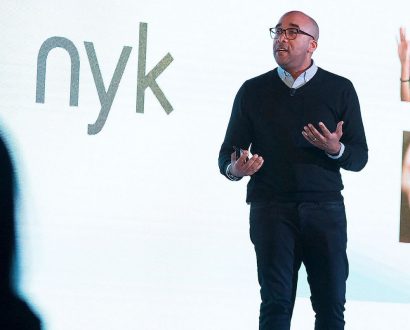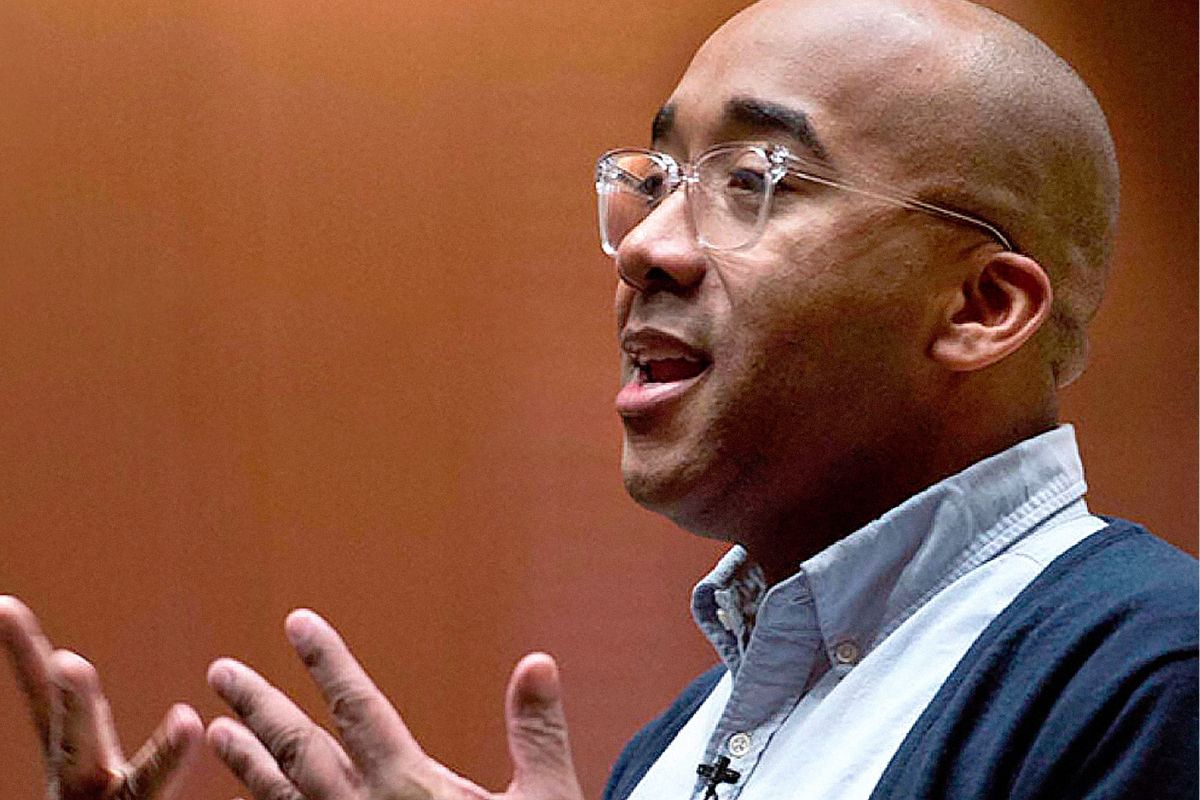How unleashing your brandemic is the key to targeting your true audience

A brand may be the closest thing we have to modern-day magic. In an instant, a strong brand can announce the entirety of your company’s being and create a powerful emotional – and hopefully commercial – response in your desired audience.
To achieve this wizardry takes a deep understanding of society in order to strike the right chords and become "culturally contagious".
"The secret to creating culturally contagious ideas is intimacy," says Dr Marcus Collins, Chief Strategy Officer of Wieden+Kennedy New York, Marketing Professor at the Ross School of Business at the University of Michigan, and World Business Forum presenter.
"Brands are vessels of meaning. Although the vessel matters, the meaning it holds is far more important."
"Having the cultural knowledge of what makes a given community tick arms practitioners with the insider intelligence needed to inform the products, behaviors and ideas that are not only likely to stick, but also more likely to spread within the community," he says. "To do so, you have to understand the people, and their people, first."
Far too many businesses believe that a brand is the sum of its logos, iconography, colors, taglines, guidelines and other marks of a company’s ownership. Not true, says Collins.
"These aesthetic elements are merely a veneer," he says. "Brands are vessels of meaning. Although the vessel matters, the meaning it holds is far more important."
Striving for greatness

Through his work with Wieden+Kennedy – the agency best known for creating Nike’s ‘Just Do It’ campaign – as well running digital strategy for Beyoncé and working in marketing at Apple, Collins has developed a deep understanding of how cultural contagion and collective meaning-making can help a brand permeate the masses.
While any company can create a brand, taking it that next step and turning it into cultural shorthand is what separates the greats from the forgotten.
"A brand strategy should should be a clear reflection of the ideologies and beliefs that the company [or entity or person] wants to signify," he says.
And it’s here where the strongest connections can be made.
"Once we know who we are, we can then target people who see the world the way we do."
"Culture moves forward on the basis of a simple question: do people like me do something like this? If the answer is yes, we do it. If not, we don’t," he says. "This sway is super powerful, which makes culture arguably the biggest cheat code in the business."
In order to engage with its community, Collins says a company must understand who they are.
"The company has to know what it believes, how it sees the world and how they show up in the world relative to these ideologies. Once we know who we are, we can then target people who see the world the way we do," he says. "These people are your ‘collective of the willing’."
Willing, then, to take action on behalf of your brand rather than simply engage.
"What does it mean to engage? If you want people to visit your website and watch a video, be more concrete with your language and put it that way," Collins says. "That specificity will help teams focus their efforts on creating solutions that deliver against that ambition as opposed to the fuzzy language of getting people to engage."
Filled with nuance
When your audience is inclined to take action on your behalf, it’s not so much because of who you are but rather because of who they are, he says.
The nuanced relationship between culture and consumption is the subject of Collins’s 2023 book, For the Culture: The Power Behind What We Buy, What We Do and Who We Want to Be, in which he argues that consumption is a culture act.
"Understanding the dynamics of culture will impact both how a brand’s product fares in the marketplace and how the company operates to put its products in the world," he says.
"Understanding the dynamics of culture will impact both how a brand’s product fares in the marketplace and how the company operates to put its products in the world."
At this year’s WOBI event in New York, Collins will help audiences master the art of leveraging cultural trends to create effective marketing campaigns. There, he’ll join restaurateur Will Guidara, executive coach Marshall Goldsmith, motivational speaker Simon Sinek and digital futurist Peter Diamandis in sharing insights and experiences with the business community.
"Working with the World Business Forum has been an invigorating experience for me," he says. "It’s not every day you get to share the stage with some of the brightest minds in business or share your ideas with business leaders from across the globe. I feel a great sense of honor and responsibility for being granted the opportunity."
The world’s most enduring brands know who they are and what they believe.
"When a brand focuses on how it sees the world, it invites consumers who share that viewpoint to invest themselves into the brand," Collins says. "And when they do, they not only consume the brand, but they use it as a receipt of their identity – before sharing it with other people like themselves."
Collins will take the stage at the World Business Forum in New York on 15–16 November.